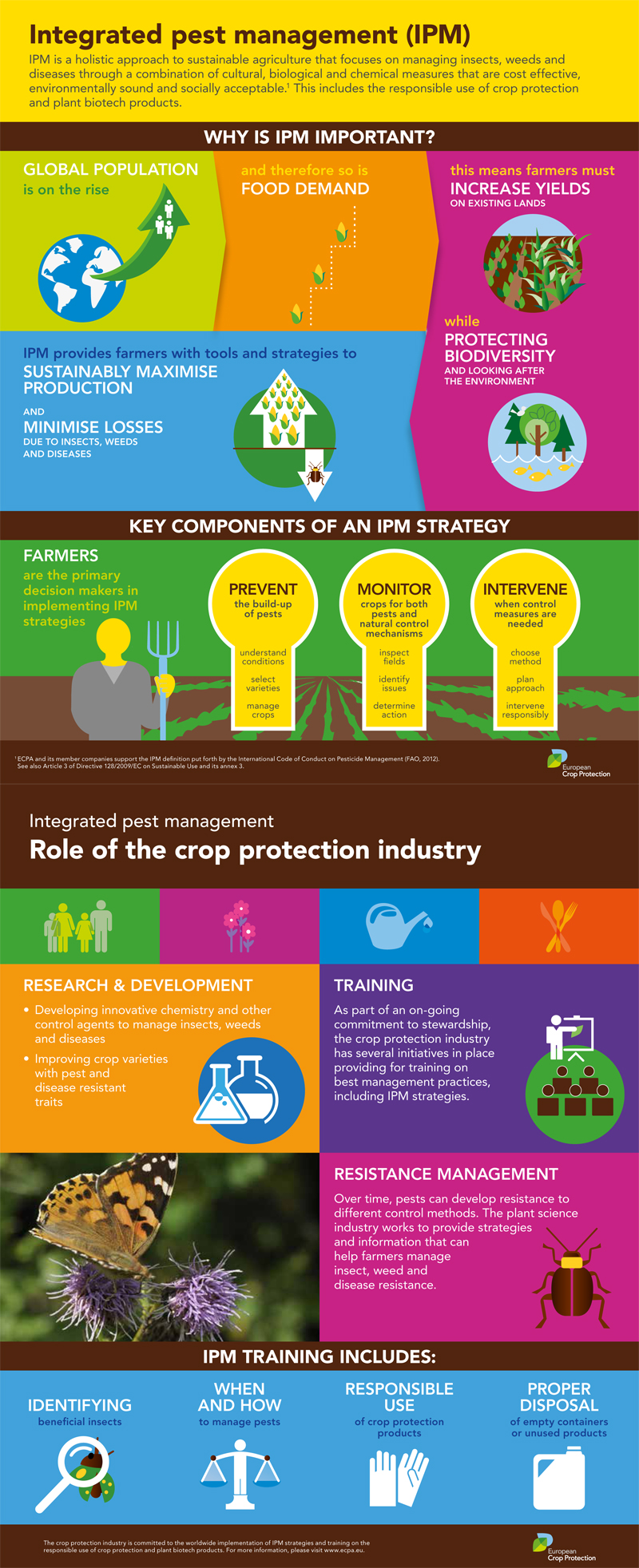Exploring Eco-Friendly Insect Control Solutions For A Sustainable Home
Exploring Eco-Friendly Insect Control Solutions For A Sustainable Home
Blog Article
Web Content Writer-Greve Jennings
Are pests taking control of your home and driving you insane? Look no further!
In this post, we will certainly lead you with the interesting world of green pest control options for a sustainable home.
You'll find resourceful methods to keep those bothersome critters at bay, using natural repellents and carrying out incorporated bug administration techniques.
Bid farewell to unsafe chemicals and hi to a healthier, much more environmentally friendly approach.
Prepare to change your home right into a pest-free heaven!
The Benefits of All-natural Repellents
You'll be astonished at the countless advantages of using natural repellents in your home. Not only are they reliable in maintaining insects away, however they also offer a much safer option to chemical-based products.
All-natural repellents are made from organic ingredients, such as important oils and plant extracts, which are known to fend off bugs and rodents. By using these repellents, you can stay clear of subjecting yourself and your household to unsafe chemicals that can have lasting health and wellness effects.
Furthermore, all-natural repellents are environmentally friendly as they do not add to air or water contamination. Structural modifications and do not harm the environment.
An additional benefit of natural repellents is that they're affordable. They can be quickly made in the house using usual family components, conserving you cash in the long run.
Implementing Integrated Parasite Administration Techniques
To properly regulate pests in your house, it is necessary to implement integrated parasite administration strategies. This approach concentrates on protecting against and managing bug issues via a combination of approaches. Below are three crucial parts of integrated insect management:
- Assessment and surveillance: On a regular basis examine your home for indications of parasites and determine potential access points. Set up catches or keeping an eye on devices to track insect task and identify the intensity of the problem.
- Prevention: Take proactive steps to prevent parasites from entering your home. Seal cracks and spaces in walls, home windows, and doors. Maintain your home clean and devoid of food particles. Shop food in airtight containers and dispose of waste correctly.
- Control approaches: Use a combination of non-chemical and targeted chemical treatments to take care of pest populations. https://www.greenhousegrower.com/production/treatment-tips-for-healthy-garden-mums/ might consist of using lures, traps, and organic controls to minimize pest numbers, while decreasing the use of pesticides.
Sustainable Solutions for Long-Term Parasite Control
How can you effectively guarantee long-lasting insect control while also being sustainable?
When it concerns lasting remedies for long-lasting insect control, there are several alternatives to think about.
One effective approach is to focus on avoidance rather than elimination. By maintaining a clean and clutter-free atmosphere, you can lessen parasite attractants and develop a less desirable environment for bugs. In addition, sealing splits and gaps around your home can assist avoid bugs from entering in the first place.
Another lasting technique is to use all-natural parasite control methods, such as presenting beneficial pests or using necessary oils and plant-based repellents. These alternatives aren't only environmentally friendly but also provide lasting bug control without the demand for harmful chemicals.
Final thought
So there you have it, a sustainable and eco-friendly approach to pest control for your home. By using all-natural repellents and implementing integrated bug management strategies, you can properly keep parasites away without damaging the environment.
Did you understand that according to a research study by the Epa, utilizing incorporated pest administration techniques can decrease chemical usage by 90%?
By making these small changes, you aren't just protecting your home but additionally contributing to a greener and healthier earth.
